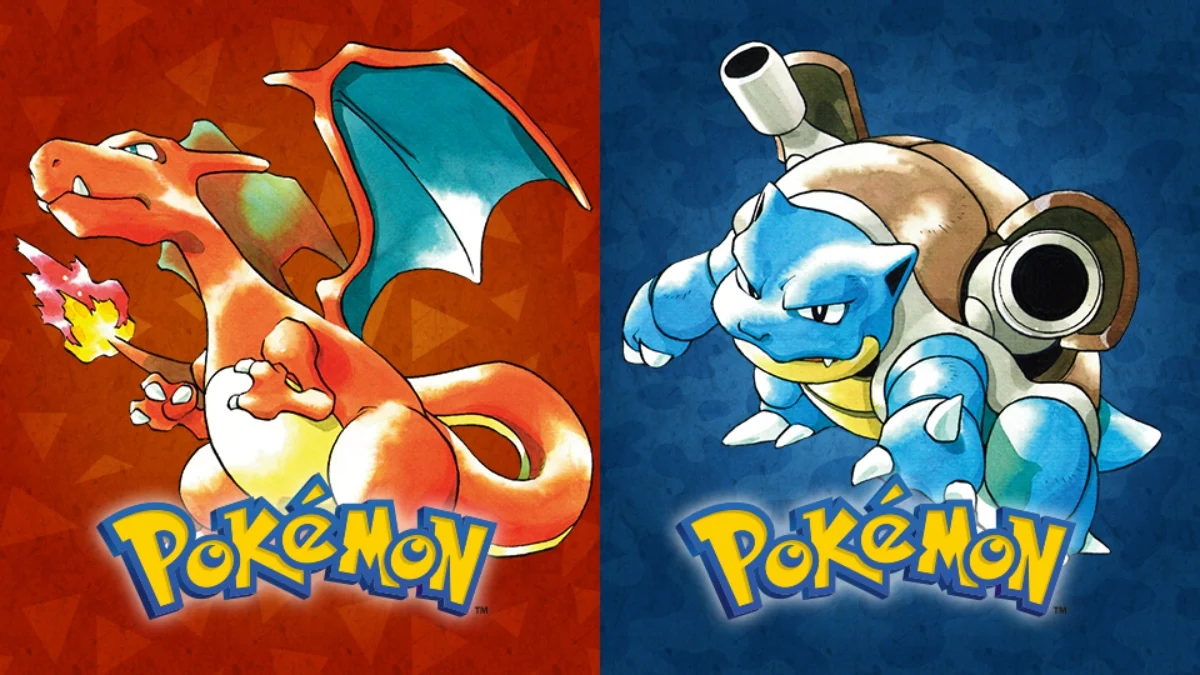
The original monster-catching games are full of personality, but they also have some hidden technical issues. These problems stem from how things like stats, accuracy, and moves were programmed, often causing things to happen differently than the game explains. These aren’t just minor details—they actually affect battles, how you progress, and which monster teams are the most effective. Here’s a look at the biggest mistakes and strange quirks that shaped how those early games played.
Critical Hits Scale with Speed, Not Luck
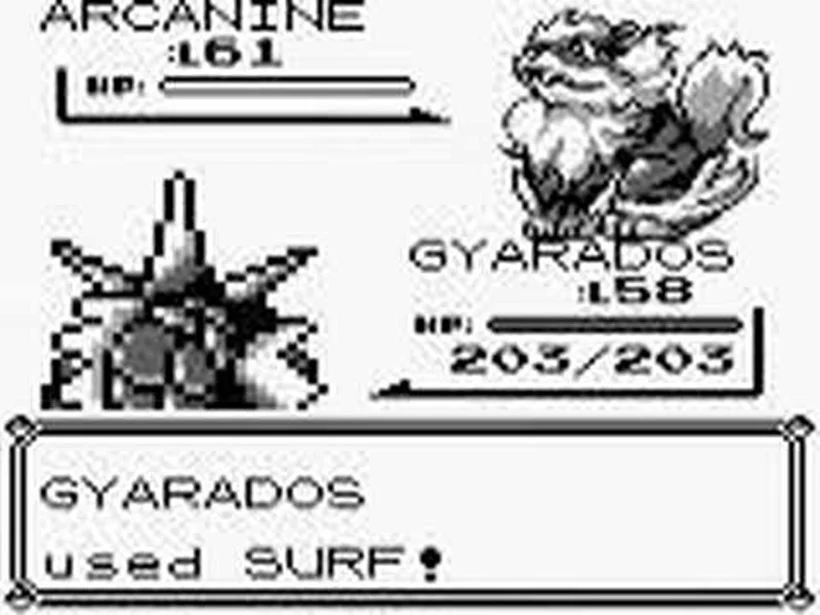
In the original Pokémon battle system, how quickly a Pokémon moves (its Speed stat) heavily influenced its ability to land a critical hit. Faster Pokémon, like Persian and Jolteon, were much more likely to crit than slower ones, no matter what items they held or strategies were used. Moves that already had a higher chance of being critical, like Slash, almost always landed as crits when used by fast Pokémon. Because critical hits bypass many stat boosts, this meant fast attackers could overcome defenses that should have protected the opponent.
‘Focus Energy’ Cuts Your Crits Instead of Boosting Them
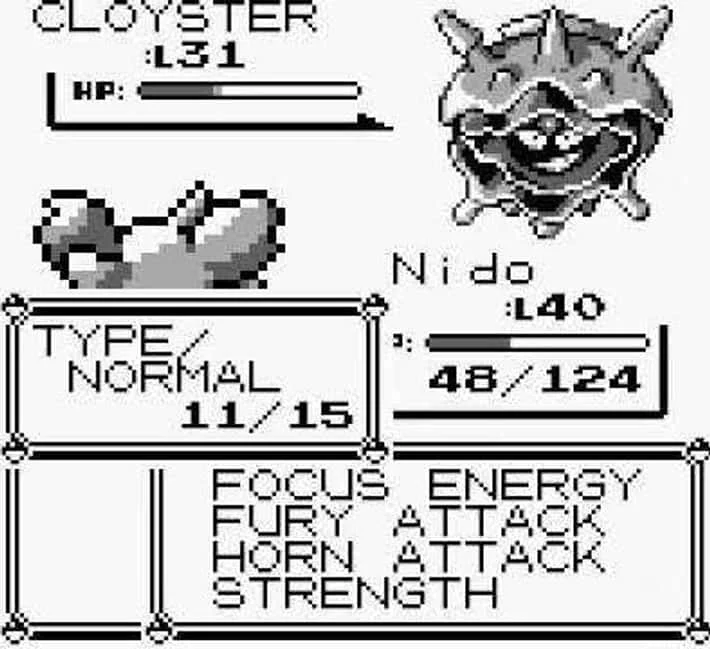
This move is supposed to increase your chances of landing a critical hit, but a mistake in the game actually lowers them. When you use ‘Focus Energy’ with this move, your critical hit rate goes down significantly instead of up. This makes the move risky – you’re better off simply attacking or preparing for a stronger move. The problem is even worse for naturally fast Pokémon, turning their speed – which is usually an advantage – into a weakness.
The 1-in-256 “Guaranteed Miss” Bug
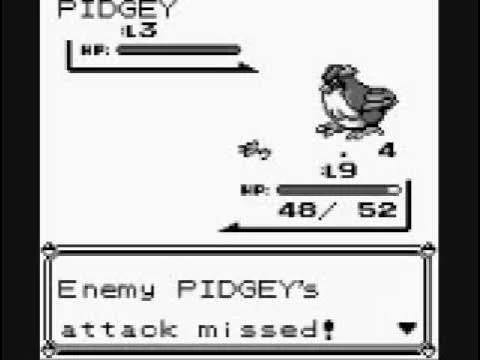
Even moves with a supposed 100% accuracy rate, like ‘Thunderbolt’ or ‘Surf’, have a small chance of failing – about 1 in 256 times. This isn’t due to random chance, but a technical issue in how the game calculates hits. The game actually limits accuracy to 255 instead of 256, causing these rare, unexpected misses. So, when a highly accurate move fails, it’s a result of this built-in limitation, not bad luck.
Badge Boost Glitch Quietly Supercharges Stats
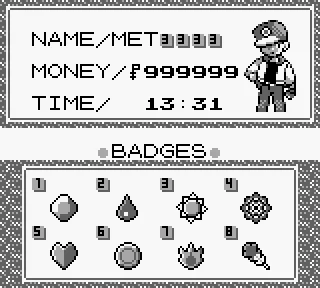
Whenever a stat changes during battle – whether it’s increased, decreased, or affected by other moves – the game recalculates bonuses from gym badges. This means if you have a badge that boosts a specific stat, like Attack or Speed, you can unexpectedly gain even more power each time your stats are altered. Surprisingly, even moves that lower your opponent’s stats, like ‘Growl’, can actually benefit you due to this recalculation. Experienced players can take advantage of this system to significantly increase their stats beyond their normal limits.
Freeze Never Thaws on Its Own
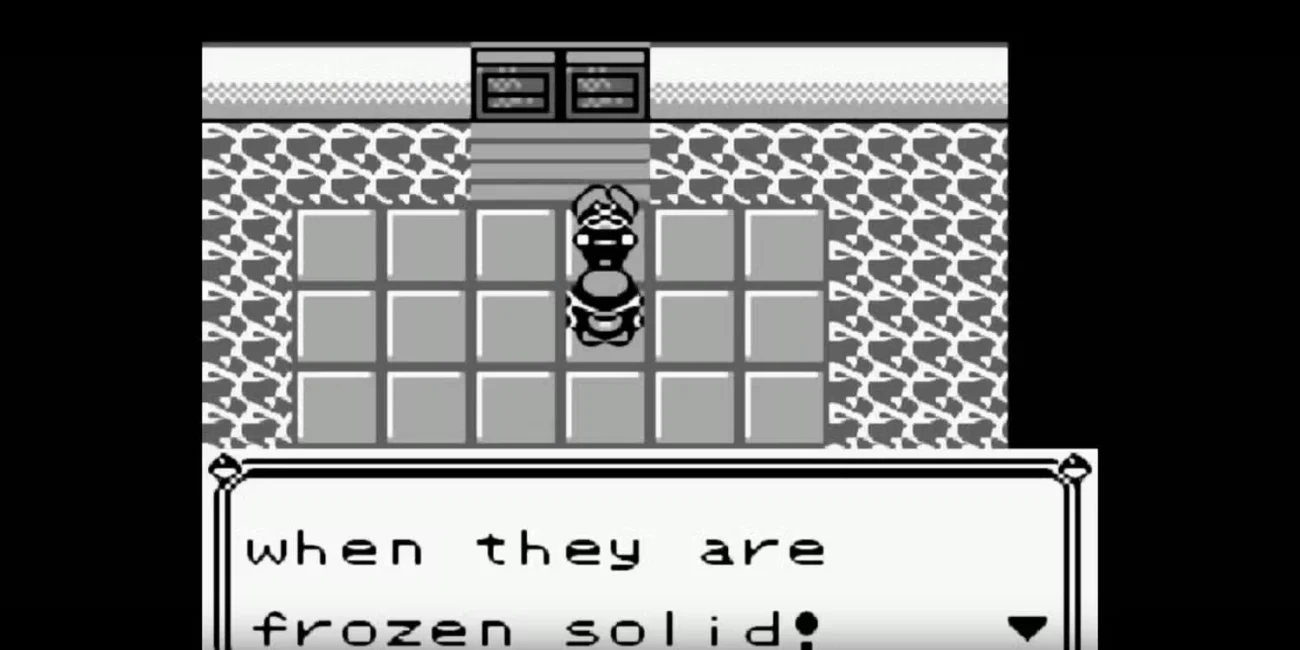
In these games, if a Pokémon gets frozen, it stays frozen unless you take action to unfreeze it. It won’t thaw on its own. You need to use a specific item or move, like ‘Haze’, to cure it. This makes being frozen particularly dangerous in the original games – much more so than in later Pokémon titles. One unfortunate ‘Ice Beam’ attack can take a Pokémon out of the battle if you don’t have a way to fix it.
Wrap, Bind, and Fire Spin Can Lock You Out

Certain moves can lock an opponent in place for several turns, preventing them from attacking or switching out. This can be especially effective against faster opponents, allowing a slower one to dominate the battle for multiple rounds. When combined with small amounts of damage each turn, these moves create situations that feel like a temporary stun. During that time, players often focused on setting up these traps to gain a significant advantage and keep the pressure on.
‘Hyper Beam’ Skips Recharge After a KO
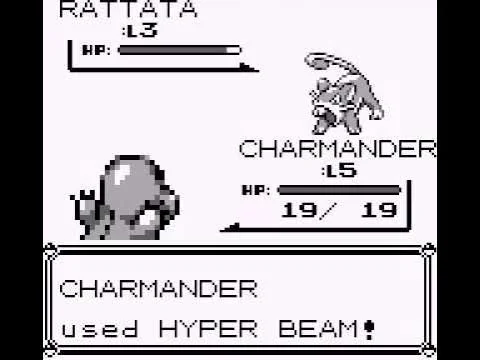
If Hyper Beam defeats the opponent, the user won’t need to recharge on the next turn. This makes the move a reliable finishing blow instead of a risky gamble, allowing for faster-paced battles. This also applies if the opponent faints during the Hyper Beam attack due to other effects. Skilled players can strategically use this to consistently win battles without losing a turn.
‘Toxic’ + ‘Leech Seed’ Stack into Runaway Damage
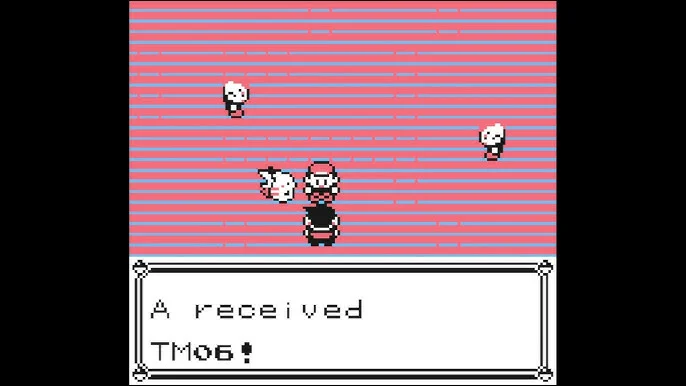
Currently, the game treats damage from Leech Seed and Toxic as coming from the same source. This means that when a Pokémon is affected by both, the amount of health Leech Seed drains increases as the poison damage ticks. This causes a much faster loss of health than intended, allowing even sturdy Pokémon to be quickly defeated. Players on defensive teams are using this unexpected combination to wear down opponents without relying on powerful attacks.
Sleep Makes You Lose the Turn You Wake Up
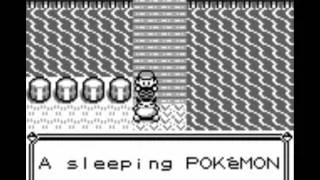
Time works differently when a Pokémon is asleep, and waking up takes up its entire turn. Even if it wakes up quickly, it can’t attack until the next turn, giving the opponent a chance to attack or prepare. The same goes for using Rest, so putting yourself to sleep comes with a significant delay. This makes sleep a riskier strategy compared to other status conditions, influencing which moves players choose.
Roar and Whirlwind Don’t Work in Trainer Battles
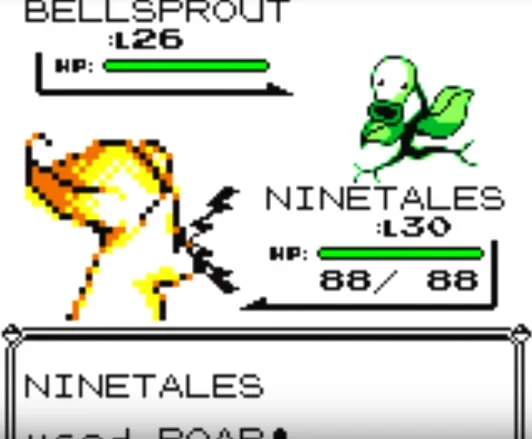
Although the descriptions of the moves ‘Roar’ and ‘Whirlwind’ suggest they force opponents to switch Pokémon, they actually don’t work against other trainers’ Pokémon. They’re only useful in very specific wild Pokémon encounters where a level difference might still make them effective. This means they offer little to no strategic control during important battles, like those against gym leaders or in league competitions. Players hoping to use these moves to disrupt opponents will be disappointed, as they simply don’t function as expected in most fights.
Share the mistakes you spotted first—and which one shocked you most—in the comments!
Read More
- 2025 Crypto Wallets: Secure, Smart, and Surprisingly Simple!
- Gold Rate Forecast
- Brown Dust 2 Mirror Wars (PvP) Tier List – July 2025
- Banks & Shadows: A 2026 Outlook
- The 10 Most Beautiful Women in the World for 2026, According to the Golden Ratio
- HSR 3.7 story ending explained: What happened to the Chrysos Heirs?
- ETH PREDICTION. ETH cryptocurrency
- 9 Video Games That Reshaped Our Moral Lens
- Gay Actors Who Are Notoriously Private About Their Lives
- Uncovering Hidden Groups: A New Approach to Social Network Analysis
2025-11-12 03:45